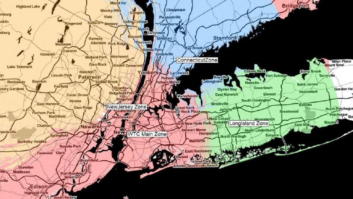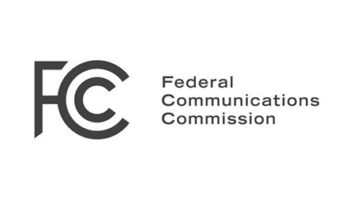A recent U.S. Circuit Court of Appeals ruling — in a case involving the Intercollegiate Broadcasting System and its concerns about webcasting royalties — coughed up an interesting take: At least part of the Copyright Royalty Board is unconstitutional.
As with most things legal, the ruling seems a bit complicated to the layman. Fortunately, legal experts such as Fletcher Heald & Hildreth attorney Harry Cole (who also writes for Radio World) had a thought on it, as does attorney David Oxenford as reported by RAIN.
The CRB is charged with “facilitating efficiency of transactions required by law between copyright holders and distributors.” Its judges conduct proceedings when parties are unable to reach agreement on royalty terms, and they facilitate distribution of royalties in concert with the U.S. Copyright Office.
The nut is that the CRB, or at least part of it, is unconstitutional because its officers need to be appointed by the president and confirmed by the Senate (i.e. the “Appointments Clause” in the Constitution). The current crop was appointed by the Librarian of Congress, not appointed by the president nor approved by the Senate.
However, according to both of these legal observers, the court “fixed” the constitutionality of the CRB with a little excision of some language in the governing statute. CommLawBlog half-seriously described this as a “legerdemaine.” Both agreed that the decision’s main effect would be construed narrowly and only affect the IBS case rather than creating a wholesale reexamination of all CRB actions. The case involves a challenge to a decision involving certain noncommercial webcasters.












